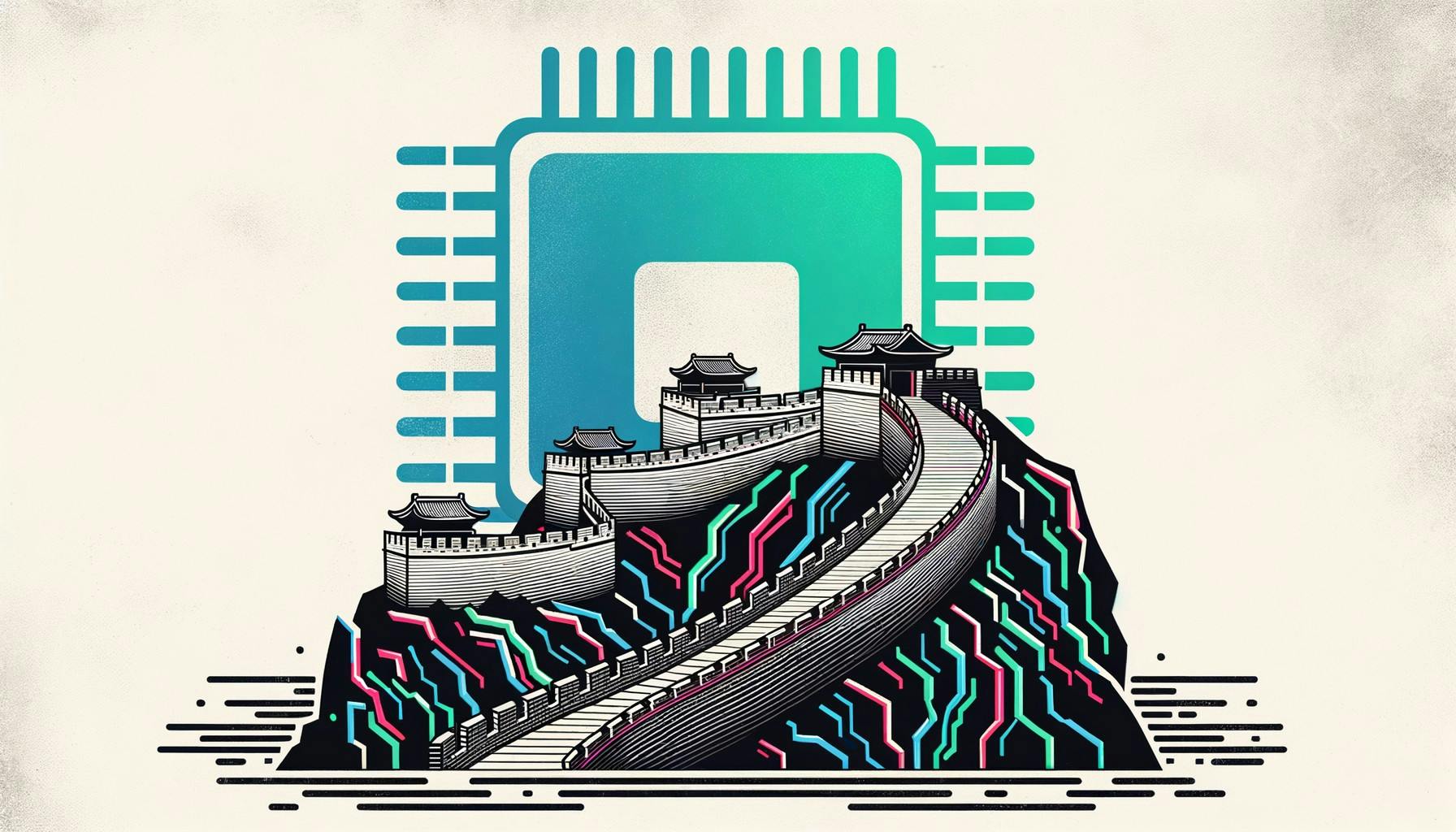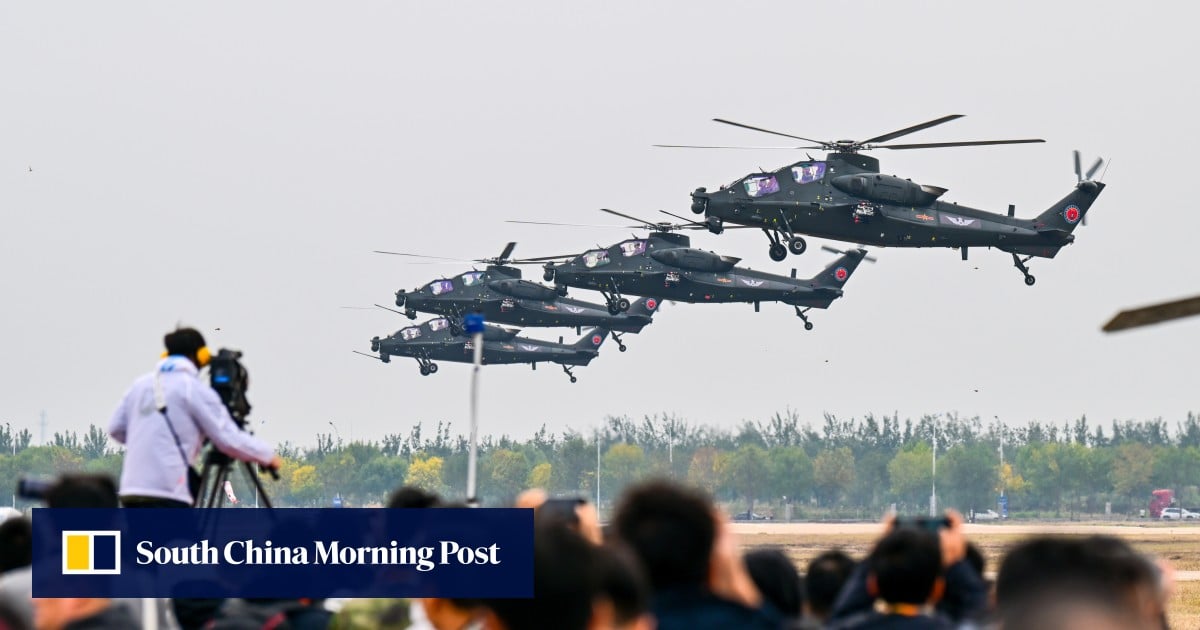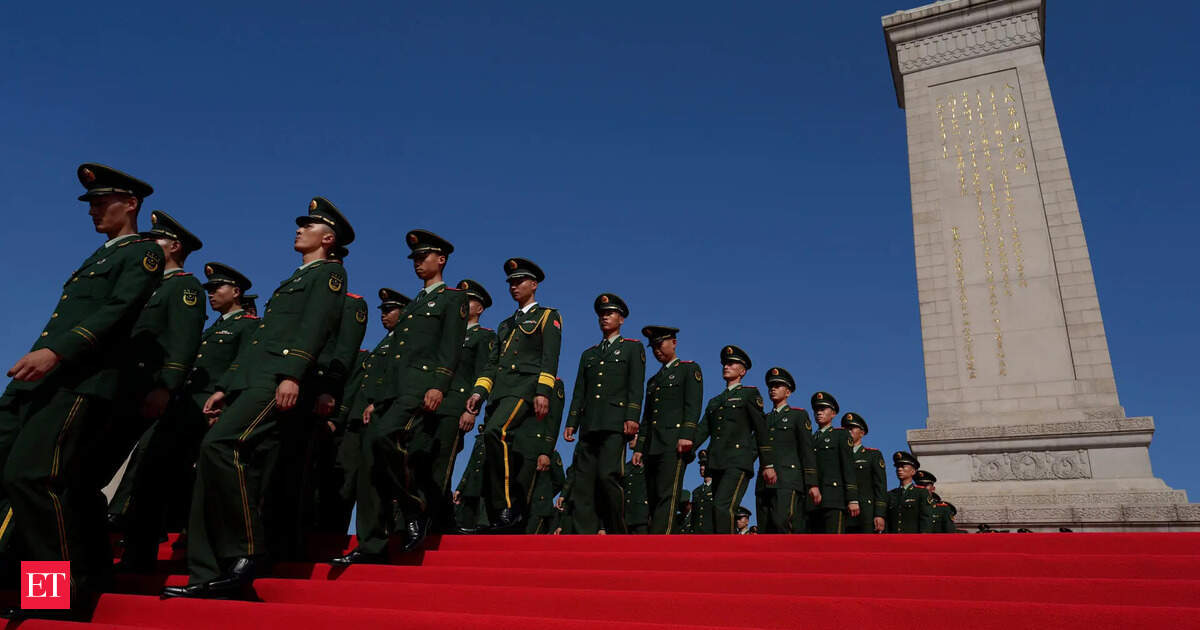What’s going on here?
China’s top tech innovators, like Huawei’s Ren Zhengfei, assured President Xi Jinping that progress in domestic tech is easing worries about reliance on semiconductors and operating systems.
What does this mean?
Ren Zhengfei’s assurance to President Xi marks a crucial moment for China’s tech self-sufficiency. Huawei has faced tough international challenges, mainly from US sanctions targeting its chip and OS development. Yet, Huawei remains at the forefront with its proprietary technology. This was part of a broader discussion during a tightly controlled meeting with leaders such as BYD’s Wang Chuanfu and Xiaomi’s Lei Jun. As China’s electric vehicle sector thrives and confidence grows in overcoming global obstacles, these talks highlight a strategic shift towards self-reliance amid geopolitical tensions.
Why should I care?
For markets: Braving the technological storm.
China’s tech sector is showing resilience by advancing semiconductors and EVs despite external pressures. These developments could open doors for investors focused on emerging technologies and industries less affected by foreign sanctions. Firms like Huawei and BYD are paving the way for growth areas in self-reliance and sustainability.
The bigger picture: A shift in global tech dynamics.
The push for tech self-sufficiency tackles China’s national security concerns and shifts global tech dependencies. As Beijing invests in local innovation, expect changes in international business operations in China and potentially broader impacts on global tech supply chains. This evolution might redefine competitive landscapes, influencing global market strategies and policies.


